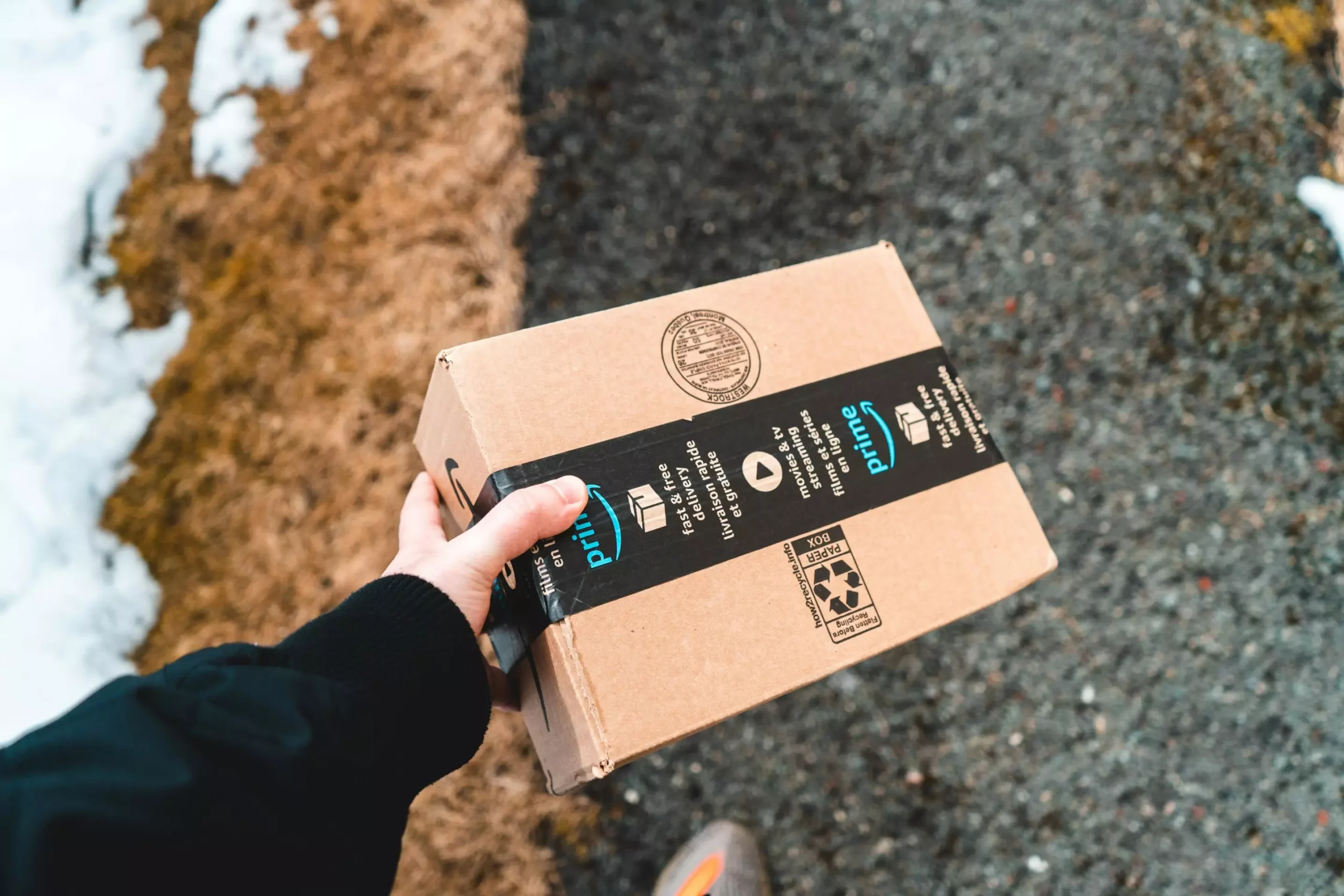The recent decision by the National Labor Relations Board (NLRB) regarding the employment status of workers at a company that delivered packages for Amazon has significant implications for labor practices and employee rights. The NLRB concluded that these workers are indeed considered employees of Amazon, contrary to Amazon’s claim that they were subcontractors.
The NLRB found merit to accusations made by delivery workers, including claims of Amazon unlawfully refusing to recognize their decision to unionize, failure to negotiate with the union over workplace issues, threatening employees, and requiring workers to attend meetings meant to disparage union activity. The implications of these findings suggest that Amazon has a legal obligation to bargain with its drivers over their working conditions.
Unionization and Worker Rights
The decision by the NLRB is seen as a victory for the Teamsters union, which has been advocating for the rights of Amazon workers. By challenging Amazon’s longstanding stance that it does not exercise control over subcontracted workers, the Teamsters have paved the way for other delivery drivers to unionize and demand fair treatment from the e-commerce giant.
While the NLRB dismissed some of the Teamsters’ allegations, Amazon spokesperson Eileen Hards maintained that there was no merit to the claims made against the company. Despite the dismissal of certain claims, the NLRB’s decision highlights the growing pressure on Amazon to address concerns raised by its workers and to engage in meaningful negotiations with labor unions.
Implications for Amazon and Labor Practices
The NLRB’s decision represents a crucial step in the process of litigating allegations of unfair labor practices. If a settlement is not reached between Amazon and the Teamsters, the labor agency may issue a formal complaint based on its findings, leading to further legal proceedings that could result in remedies being implemented to protect workers’ rights.
The NLRB’s decision regarding the employment status of workers at the company that delivered packages for Amazon has far-reaching implications for labor practices and employee rights. By recognizing these workers as employees of Amazon, the decision reinforces the importance of fair treatment, negotiation, and unionization in the workplace. Amazon’s response to the NLRB’s findings will be closely monitored as the company faces increasing scrutiny over its labor practices and treatment of workers.


Leave a Reply
You must be logged in to post a comment.